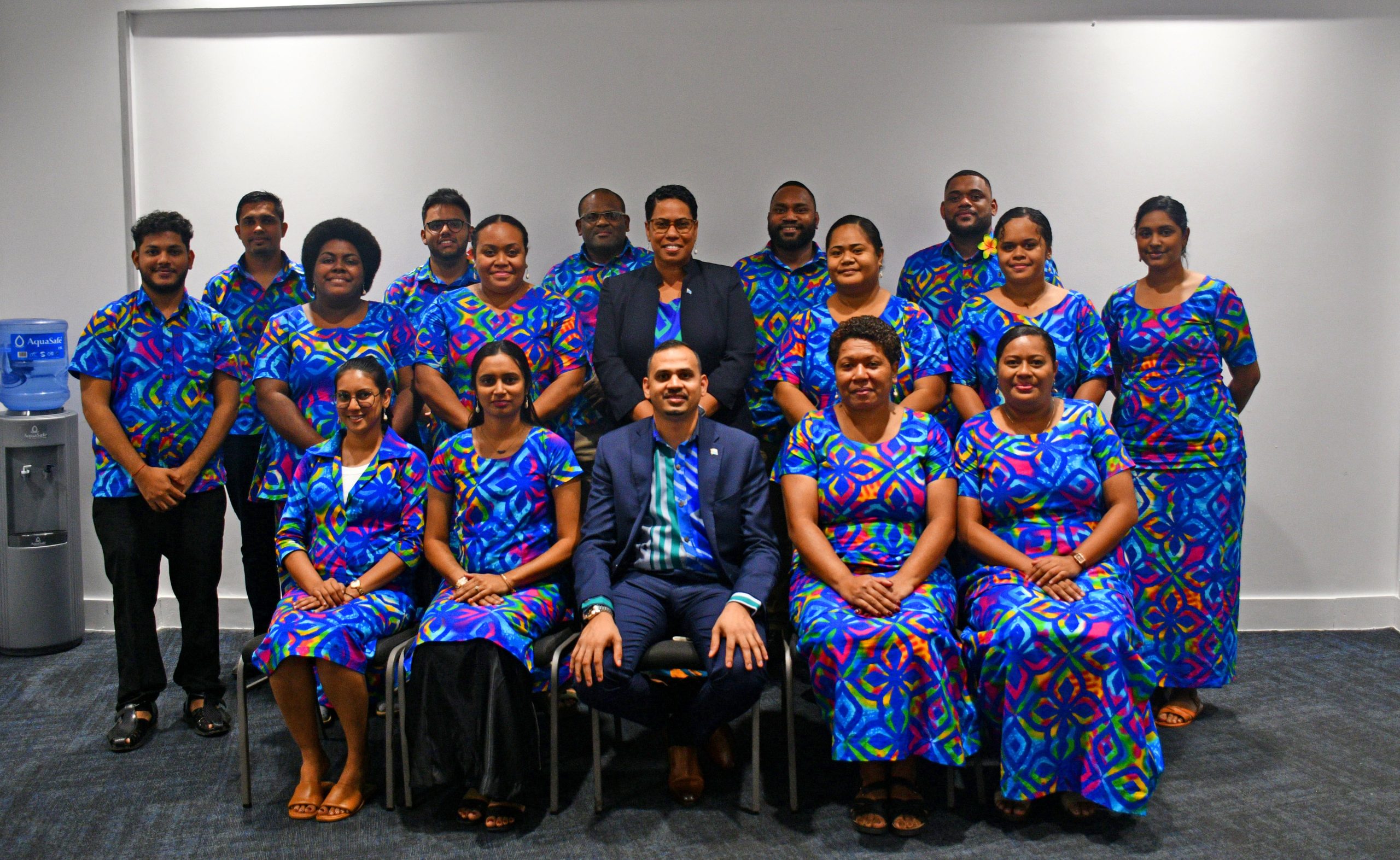PROSPECTIVE developers are trying to use political affiliations to pressure the Department of Environment into fast-tracking approvals for their projects.
Permanent secretary for the Ministry of Environment Sivendra Michael said this behaviour was “unethical, uncalled for and will not be tolerated”.
He told this newspaper that some proponents were bypassing proper procedures and turning to ministers or other political leaders to push their cases, thus undermining the legal processes in place.
“What we do not entertain and appreciate is when proponents feel their application should supersede or take priority over others, and the undue pressure that is applied to the processing officers or the approving authorities — because this is not how Fiji should operate,” he said.
“There is no point in you going to our ministers and higher authorities to apply the undue pressure to my officers, because, again, we work within the bounds of the law, and I will repeat myself over and over again, that if you are going to go to our political leaders, this is not going to solve the issue.
“You need to talk to the officers that are processing your application rather than leveraging on your relationships or leveraging on any of those affiliations that you might have – the law is the law.
He described this approach as a direct challenge to the integrity of Fiji’s environmental governance.
“The law needs to be respected, and we will, as a ministry, not tolerate any such behaviour.”
The case for ethical development
Mr Michael said the issue went beyond mere compliance, pointing to the need for a national conversation about “ethical development”.
“We have a lot of proponents, a lot of developers coming into Fiji, and everyone knows that there are laws in place, and laws of the country need to be respected.
“But apart from obliging with the law, developers must understand what the law is and respect legislated timelines.
“If your application is lodged, there are legislated timelines. You need to work within those timelines and follow the process.”
According to Section 28(2) of the Environment Management Act 2005, a development proposal’s scoping must be completed within 30 days of the Environmental Impact Assessment (EIA) officer receiving it.
A decision on the report must be taken within 14 days of the period in paragraph (3) ending, according to section 30(3), which also stated that a member of the public may view and inspect an EIA report within 32 days of it being submitted to the EIA officer.
Mr Michael said attempts to rush these processes reflected poor planning by the prospective developer rather than bureaucratic inefficiency.
“If you can’t wait for 30 days, it’s just reflecting that you did not plan.
“Well, you knew that your development is going to take place, you could have lodged your application ahead of time.
“It’s not that you want to start next week, you apply on Monday, and you think your application should be approved by Friday.”
He said such pressure ignored the reality that every application goes through technical reviews, public consultations and checks designed to safeguard communities and ecosystems.
He said there were also others who have waited months and weeks to try and get their application through.
“So, how do you expect us to prioritise one over another.
“There is this fine line that we need to respect, which is called ethical development and ethics comes with a fine set of moral values that we must uphold.”
Raising the bar on compliance
Apart from political interference, Mr Michael said Fiji needed to discuss the quality of the application being submitted.
He noted that while a large number of consultants prepare EIAs, not all reports met the standard expected by law.
“My suggestion in this is that when proponents are coming in with their applications, they must firstly disclose in full the nature of development that they are trying to facilitate.
“Secondly, include details about any risks that can potentially (happen) and how you plan to mitigate those risks.
“Our country has progressed very rapidly in terms of development, and we will see more development coming up.
“What we want to really clarify, is that development needs to be balanced with the environmental protection as you cannot do development at the expense of environmental degradation.”
He said an approval was not the end of the process, that monitoring was vital because communities must see that commitments made in EIAs were honoured on the ground.
Moving forward
Looking ahead, Mr Michael said the ministry would continue to strengthen processes and push back against unethical practices.
“We have processes.
“If your application is lodged, there are legislated timelines.
“You need to work within those timelines and follow the process.”
He said the bottom line was that no amount of political pressure would override the rule of law.



